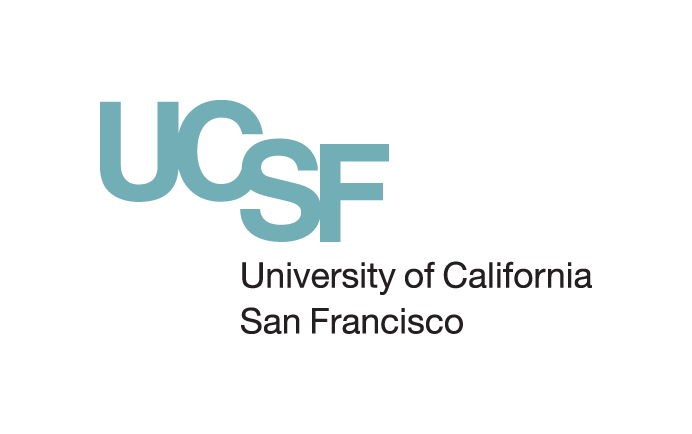
Sarah Arron, MD, PhD
My research focuses on the pathogenesis of cutaneous squamous cell carcinoma. As a Mohs Micrographic surgeon in the department of Dermatology, I lead the High Risk Skin Cancer Program, a practice devoted to the care of patients at risk for skin cancer due to solid organ transplant and other iatrogenic immunosuppression, HIV infection, and genetic conditions predisposing to cutaneous malignancy.
A primary research question for our group is whether human papillomavirus (HPV) is an etiologic agent in cutaneous squamous cell carcinoma (SCC) in immunosuppressed patients and in the general population. Cutaneous SCC is the second most common type of skin cancer, with an estimated incidence of over 200,000 cases per year in the United States and a 65-fold increased risk in immunosuppressed organ transplant recipients over the general population. A related question is whether HPV carriage on the skin at baseline is a predictor for the development of SCC after solid organ transplant.
To address these questions, we must first be able to accurately and definitively identify HPV infection in the skin. Previous attempts to link cutaneous SCC with HPV infection have yielded contradictory results, primarily due to differences in viral detection techniques. Our laboratory is working to develop new technologies for the detection and genotyping of HPV. Over 90 fully sequenced human papillomaviruses and numerous fragment candidates have been identified. This creates a complex combination of sequence conservation and diversity within the family that has frustrated previous attempts at a unified genotyping strategy. Our group combines bioinformatics, microarray technology, and deep sequencing in order to overcome obstacles to accurate genotyping.
New techniques for HPV genotyping will also lend themselves to questions beyond the realm of dermatology. We have set up collaborations with groups in other departments at UCSF to implement our assays in studies on the role of HPV in the pathogenesis of head and neck SCC and anogenital SCC. We anticipate that this technology will lead to larger multidisciplinary studies on HPV in the future.
The second aspect of my research focuses on risk factors for cutaneous squamous cell carcinoma in organ transplant recipients. Through the UCSF Mechanisms of Skin Cancer Cohort, we are working to determine both phenotypic and genetic risk factors for the development of skin cancer in this high risk population. We are actively recruiting patients to our database and banking tissue for future studies.
The UCSF High Risk Skin Cancer Program is involved in a variety of collaborative translational research efforts. In addition, the program is structured to serve as an investigational site for pharmaceutical trials. As Director of this rapidly developing unit, I am committed to implementing research that improves the care of our patients.
